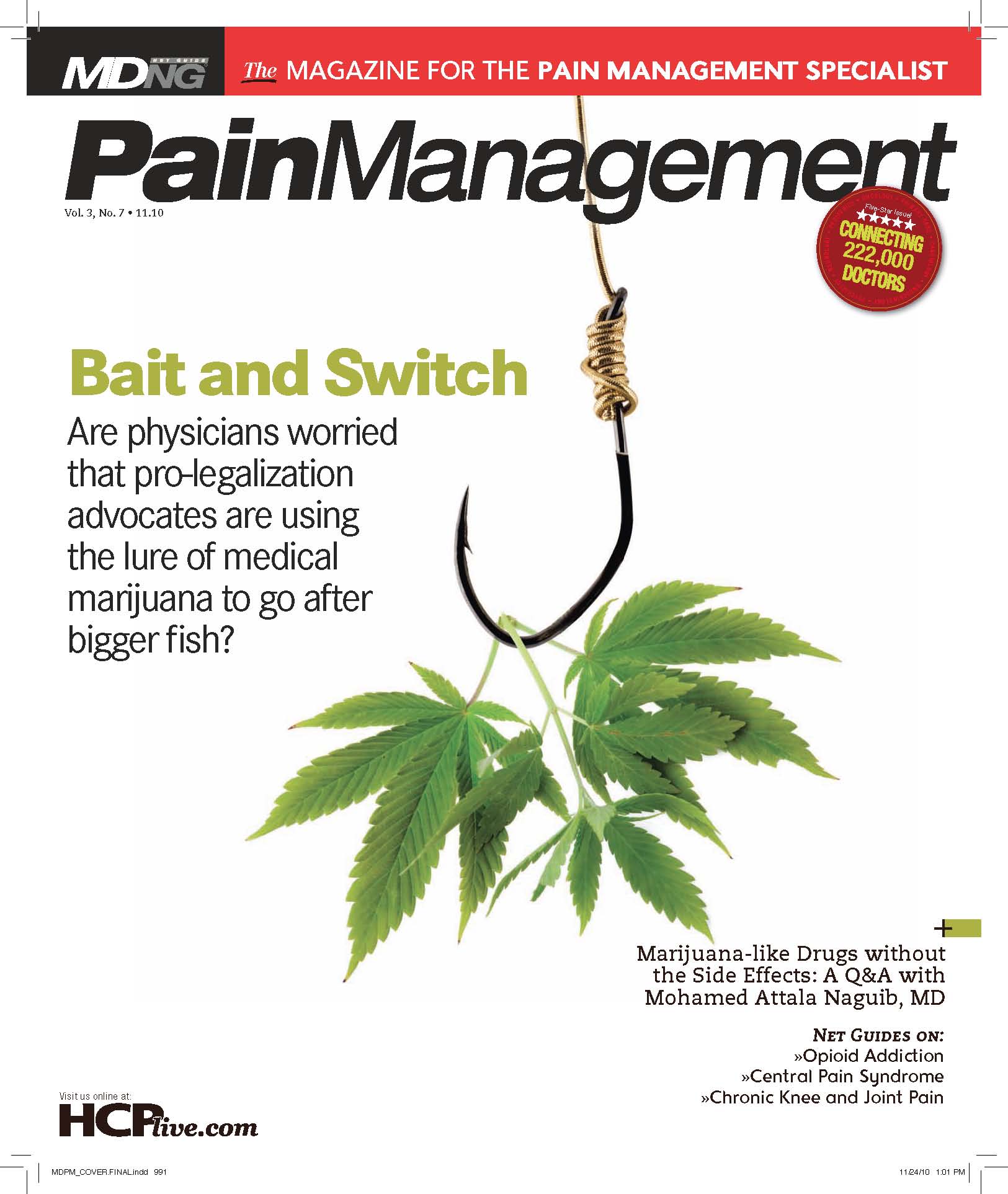Publication
Article
Pain Management
Mobile Users are Moving Targets in a Dangerous Online World
Author(s):
Although more people than ever use their smartphones to access the Internet, few take the time to think about issues of mobile Internet safety.
Although more people than ever use their smartphones to access the Internet, few take the time to think about issues of mobile Internet safety.
At a recent Health Activist Meetup in Boston, participants were asked to create three action items for their presentations. The idea worked so well for the event, I have decided to try it out in print. So, starting with this month’s column, I will provide three action items to help you structure your approach to getting the most out of social media.
This month, I want to tackle the topic of portability and the Internet. In the not-too-distant past, cell phones were just phones—for the most part, all they did was make phone calls. Nowadays, however, I’m not even sure that calling them “smartphones” does justice to all of the capabilities they offer. By enabling mobile access to the Internet, these mini-computers have been a game changer for all of us. Yet this increased access and connectivity also carries with it some very real dangers. No longer merely communication devices, these handheld gizmos expose us to the same privacy and security risks as our desktop computers. Few of us consider these risks or take steps to protect ourselves against them.
According to the 2010 Online Safety Study released last month by the National Cyber Security Alliance and the Symantec Corporation (http://hcp.lv/cymnlg), we are more connected online than ever before via not only desktop computers but also televisions, game systems, laptops, and smartphones. Interestingly, although most people understand they must take certain safety precautions (firewalls, backups, password protections, etc) when accessing the Internet from a “real” computer, they often fail to protect themselves when using smartphones.
Offline, we would never allow ourselves or our loved ones to be in such a vulnerable situation. Yet, when we’re online, we frequently tempt fate, even in the face of known risks and threats. Just because a threat seems faceless or anonymous, making it hard for us to see the imminent danger, doesn’t make it any less real. Ignoring it is not a healthy message to send to children.
We must admit that cyber safety is up to us. If we want to prevent identity theft, cyberbullying, sexting, and other threats, we have to start by putting in place the right safeguards in our own lives and teaching our kids to do the same in their online and mobile lives.
In our offices, we see mobile culture every day. We see parents checking e-mail and touching base with their children. We see teens texting friends and updating Facebook. And, now and again, we see a patient surfing the Web to confirm some medical information or advice we just gave. These are all teachable moments that provide the opportunity to ask people about their mobile Internet safety habits. Do they backup their data? Do they use passwords or Wi-Fi from their cell phones? Do they talk to their kids about mobile Internet safety and online game and social networking safety?
Everything that kids do online has potential safety implications, and parents may not be aware of what’s on their kids’ phones. We can help the parents in our practices by asking them about these issues and alerting them to trends and applications they may not know about. For example, I recently caught wind of an application called the “Ugly Meter” (http://hcp.lv/b2V5Cp). This app is just as mean spirited as its name implies. You upload a photo, and the Ugly Meter spits out a rating of 1-10 on the “Ugly Scale.” The implications for harm are gigantic and can go well beyond hurt feelings to outright cyberbullying. This isn’t funny or even child’s play, and it’s available for anyone to download for $0.99 on iTunes.
Tipping parents off about this application is a great way of introducing the concept of mobile Internet safety and emphasizing why it is important to talk to kids about these topics.
Gwenn Schurgin O’Keeffe, MD, FAAP, (aka “Dr. Gwenn”) is a pediatrician, health journalist, parenting and social media expert, and is CEO and Editor-In-Chief of Pediatrics Now (www.pediatricsnow.com), an online health and communications company dedicated to providing reliable information for today’s busy families. She also writes the blog Dr. Gwenn
